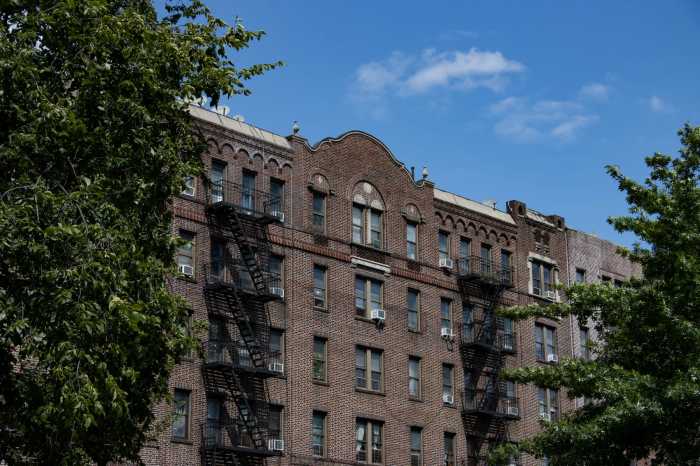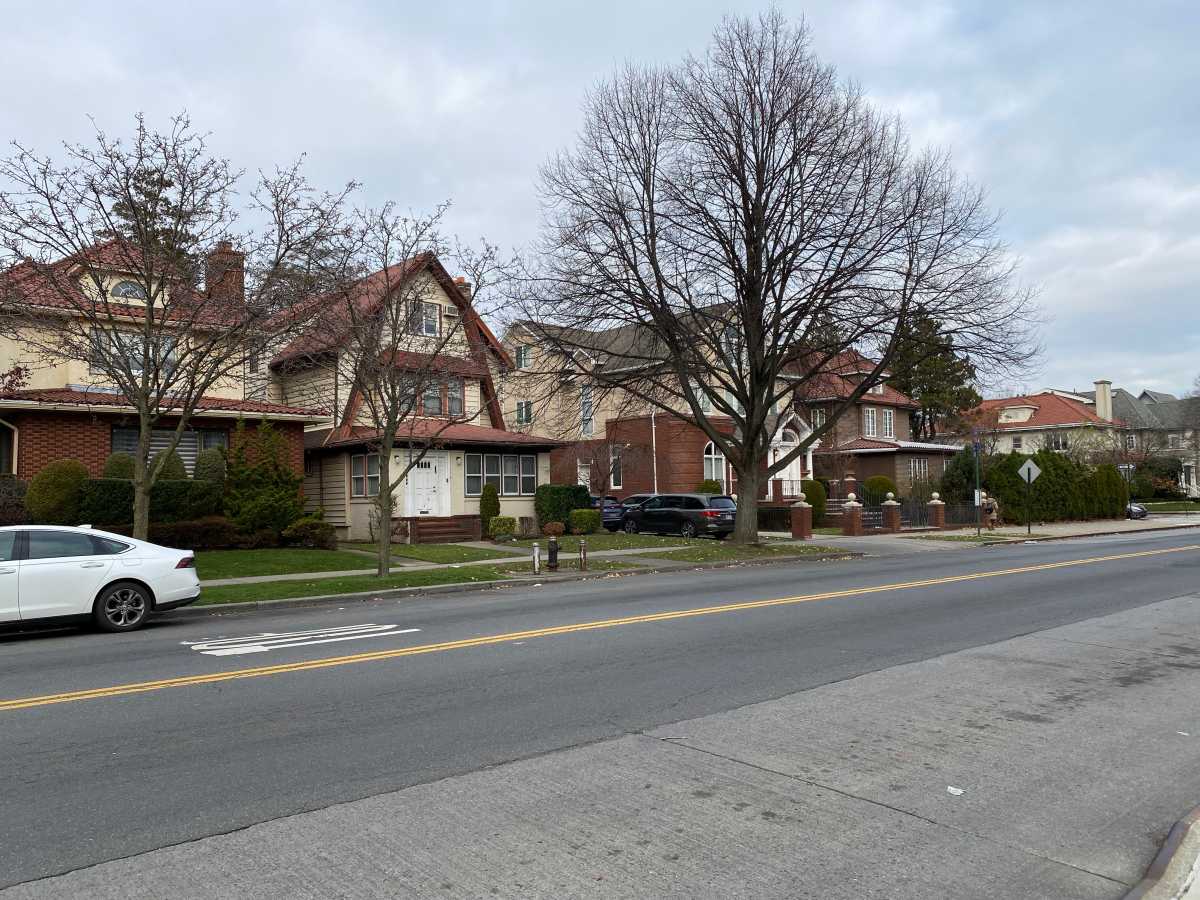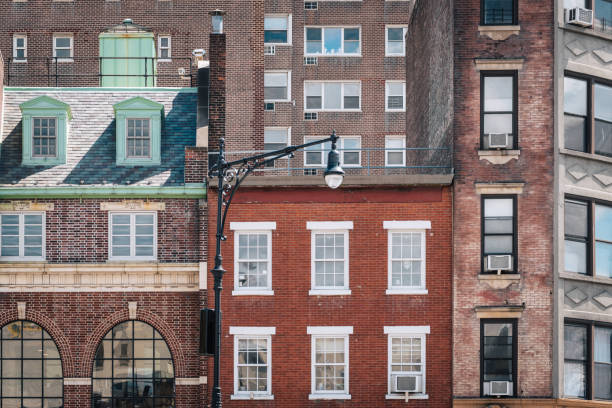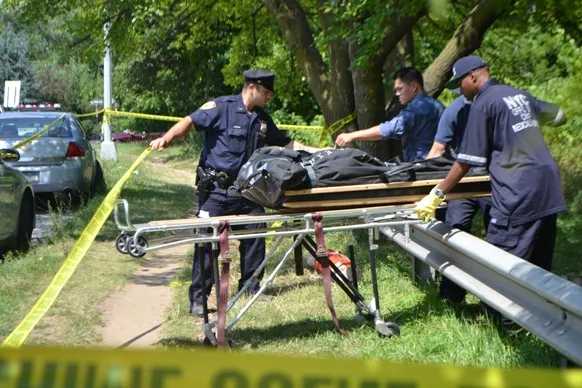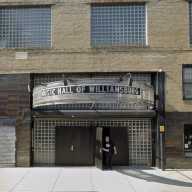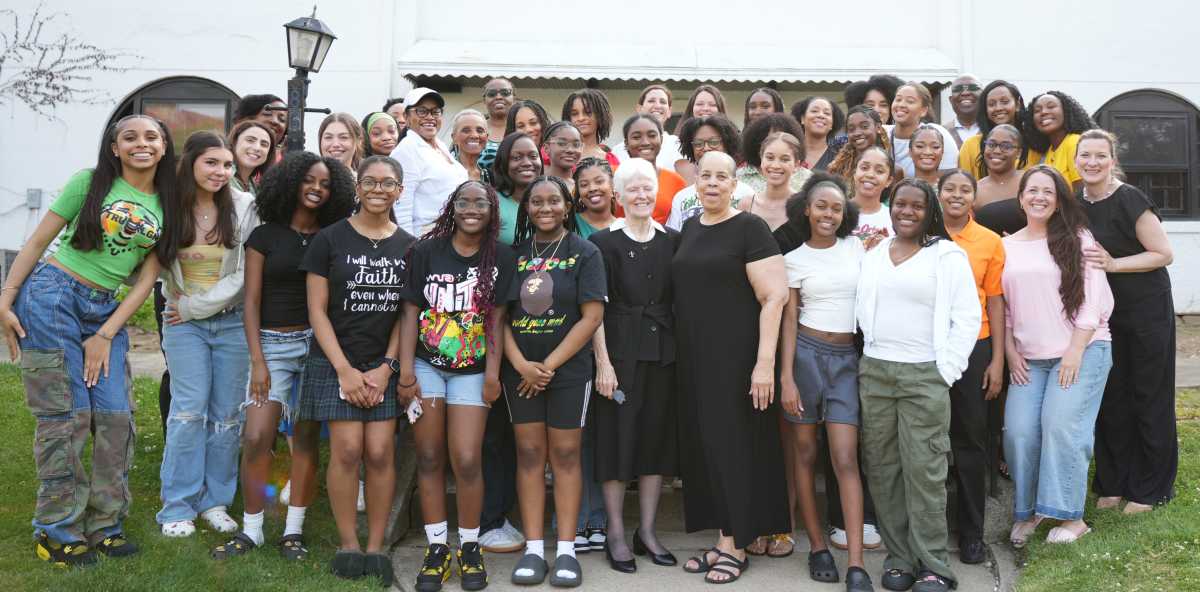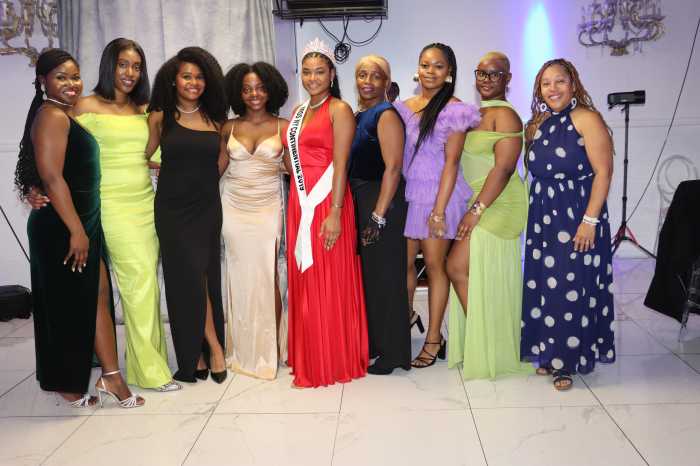Is Bruce Ratner’s basketball card a race card?
That question was raised by two fiery black leaders at an Atlantic Yards
forum last week at First Unitarian Church in Brooklyn Heights.
A centerpiece of Ratner’s project is a basketball arena for his Brooklyn-bound
New Jersey Nets.
“[He] has the audacity to talk about a basketball stadium, like black
people would be impressed,” said Bob Law, a radio commentator, Prospect
Heights restaurateur and former Black Panther. “Like hoops is something
we would really need.
“We are really not going to sit quietly and allow you to disrespect
us and denigrate us … [This] rings with a kind of contempt for poor
people and black people.”
Law hammered all night on the race issue, which has bubbled up at other
forums, but was also the driving force behind the Community Benefits Agreement
Ratner signed with eight minority groups.
“[Ratner believes that] because you are poor, you ought to accept
any job you can get, like, ‘You poor little ignorant Negroes,’”
Law said.
The Rev. Dennis Dillon of the Brooklyn Christian Center in Fort Greene
joined Law in his opposition to Atlantic Yards — but Dillon focused
on the type of permanent jobs Ratner says will be created at the arena.
And he was more circumspect in his rhetoric.
“The black community is not all about some low-paying jobs that will
force us to live elsewhere anyway,” said Dillon, who evoked the civil
rights movement as a model for black opposition to Atlantic Yards.
“We believe, like Martin Luther King did, that justice must roll
down like waters and righteousness like a mighty stream,” he said.
But there was another man of god in the house who defended the Ratner
project
“Ratner’s always been fair, just, concerned and compassionate
to me,” said the Rev. Herbert Daughtry of the House of the Lord Pentacostal
Church in Boerum Hill.
“He’s one of the more liberal, progressive developers in the
country.”
Daughtry argued that Ratner’s project could reverse the chronic joblessness
of his parishioners.
“Can you imagine the despair, the sense of hopelessness, that unemployment
breeds? This is an opportunity for people to be employed.”
At the forum, it was left to Daughtry alone to defended Ratner’s
position because neither Forest City Ratner, nor anyone else among the
project’s supporters, accepted the Unitarian Church’s invitation
to appear.
“I didn’t want to go over there and get beat up on,” said
James Caldwell, president of BUILD and a Ratner supporter. “I am
not a punching bag. It was not neutral territory. There was nothing I
could say or do to change [the opposition’s] mind.”
Betty Wagoner, who organized the event, said the church had sought “a
balanced forum, a community information thing with representatives from
the proponents and the opponents.
“The church itself has not taken a position on the matter,”
she added. “But only Rev. Daughtry offered to attend.”


